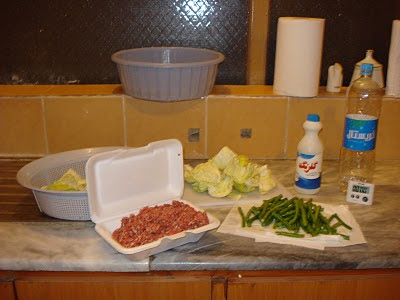Barf and Limericks
 I was observing this KEU graduate teach English at a high school in Kabul. Future limerick writers? I think so!
I was observing this KEU graduate teach English at a high school in Kabul. Future limerick writers? I think so! In my office preparing for the limerick lesson...my serious face soon turned to a giggly one, don't worry!
In my office preparing for the limerick lesson...my serious face soon turned to a giggly one, don't worry!This is a very un-poetic post, but it is information that needs to be divulged because it is just too good to be kept to myself...
Barf
A few weeks ago my driver mentioned that winter was coming. He told me that with winter we would have a bunch of "barf." I tried not to giggle too much and asked him what barf was.
He said, "snow!" "Don't you love barf Jaala zhan (dearest Jaala)?"
I told him that I loved snow, but not barf. He laughed and said, "Snow is barf!"
I decided to explain that barf, in English, is something entirely different. I made gagging noises and mimicked barfing. He looked at me in the rear view mirror like I was crazy. I figured he didn't understand what I was saying, so I stopped my fake barfing and shifted my attention to the one-legged beggar outside my window.
Fast forward to today, a few weeks later.
On our way home from school, traffic was thick with afternoon commuters. The usual beggars roamed through the parked cars; homeless children offered burning vats of incense to ward off the evil eye, and workers sat atop a ton of apples on the truck in front of us. As traffic started to move more quickly, a different truck, packed with a family in the back, cut us off. My driver started to yell things in Dari at the truck when suddenly, a girl in the back started to vomit what looked like a pound of rice over the side.
As the puke hit our windshield, my driver ever so eloquently yelled, "She is BARFING on my car!" "Who is going to pay for this?"
He did understand my gagging and mimicking vocabulary lesson after all. God bless.
Limericks
Because my students mostly teach children, and limericks are an easy and fun form of poetry, I decided to teach my students about limericks today. Turns out that limericks are really hard, even for almost fluent teachers of English as a foreign language. Here is the best limerick of all that my students wrote today:
I had a nice bag.
It was black like part of our flag.
I lost it in the bazaar,
Near Kandahar.
What a silly gag!
Once again, God bless.
Labels: poetry
















